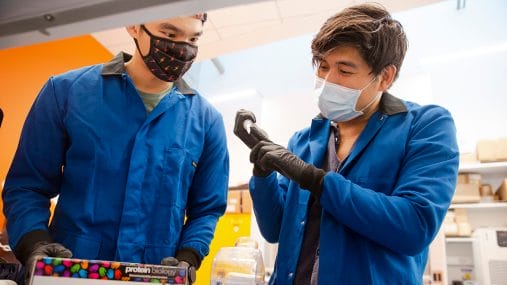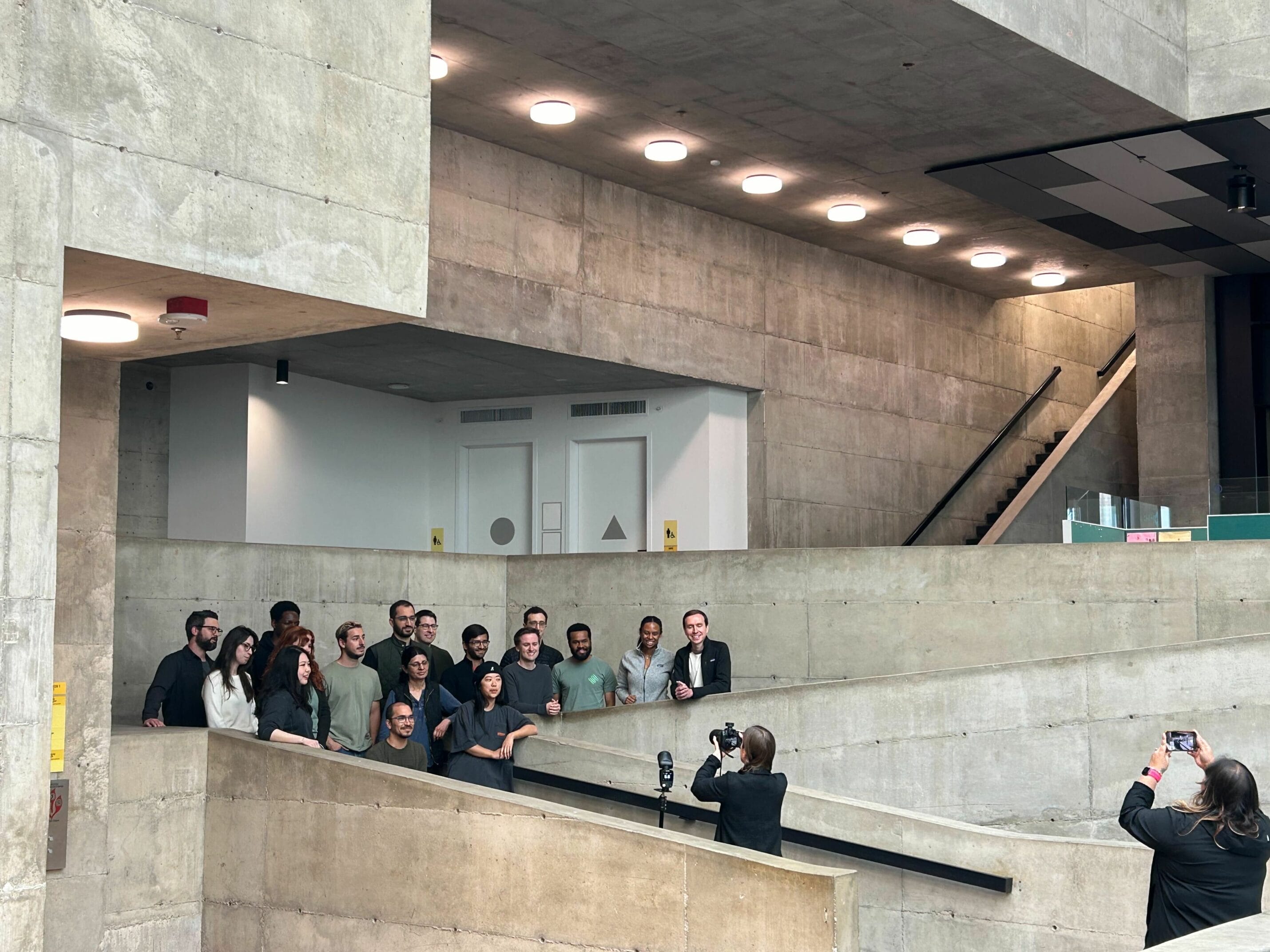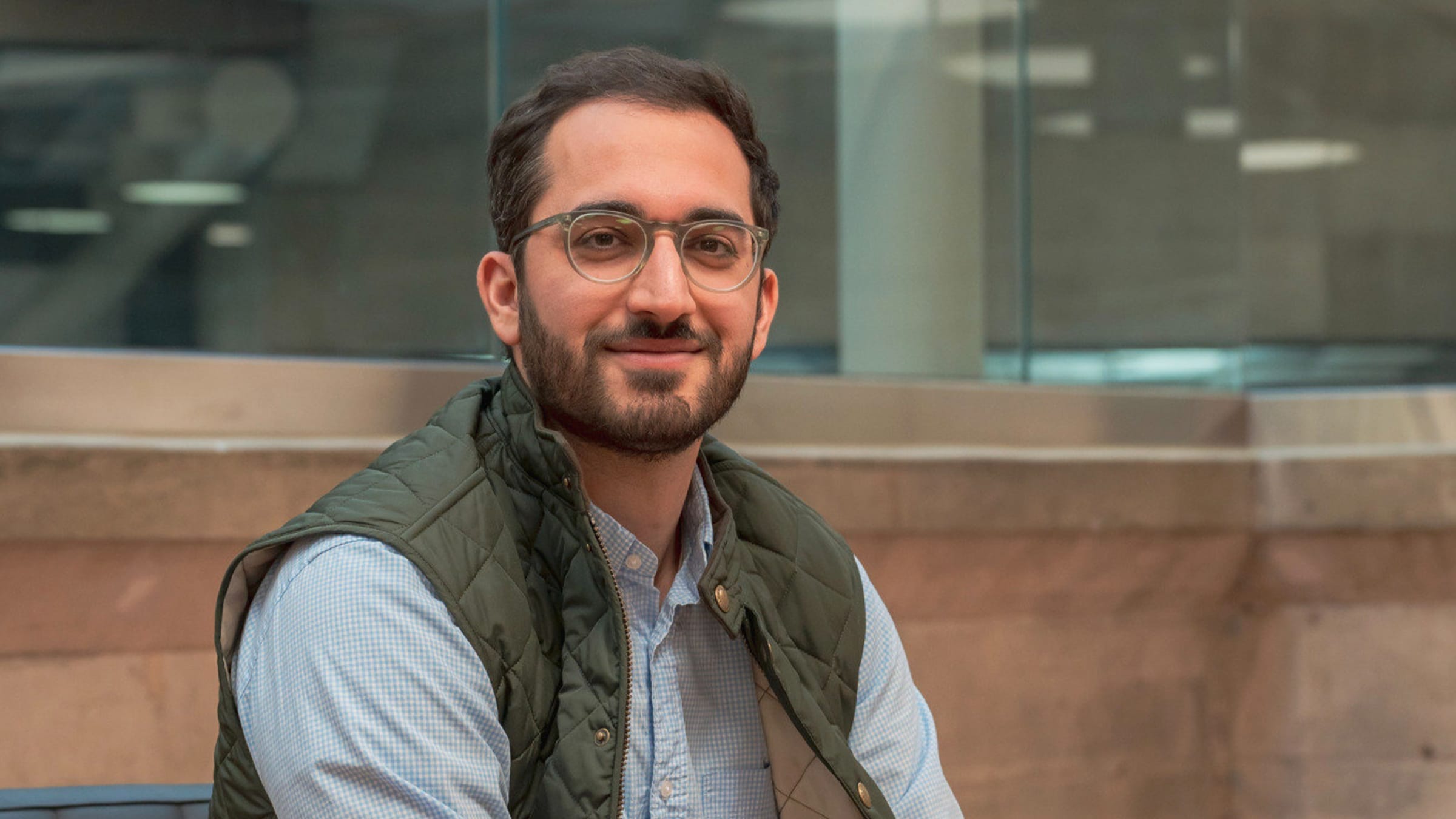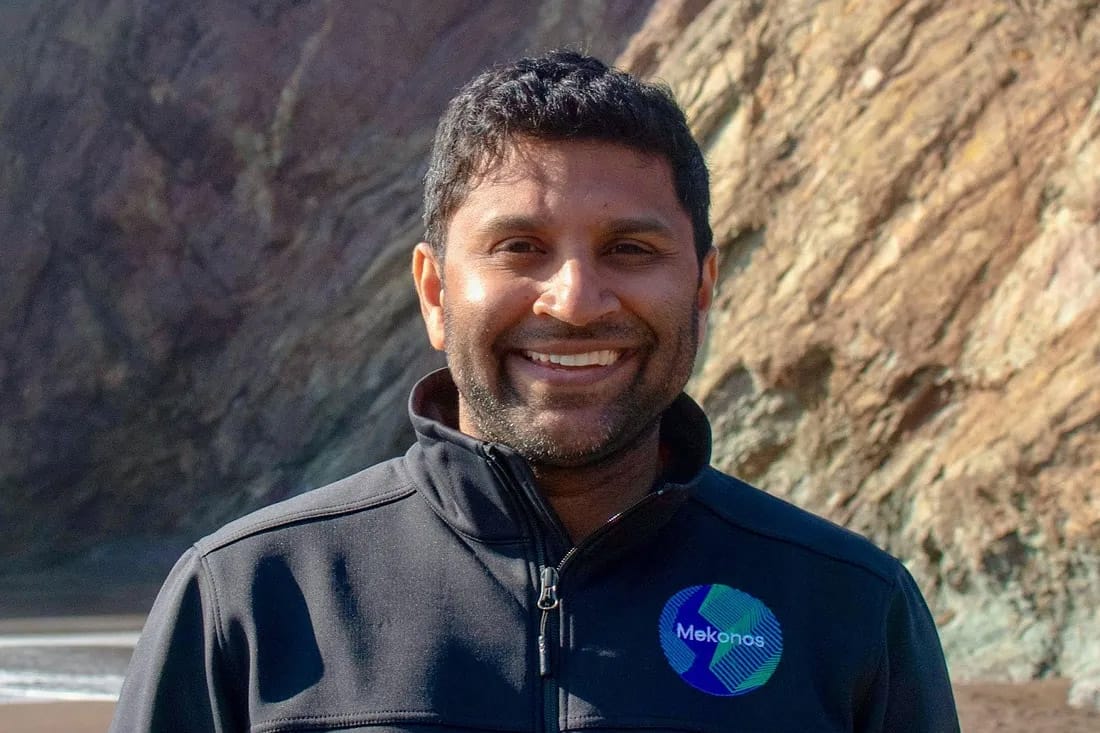Bringing Biotech to Market: Master of Translational Medicine Alum Advances Medical Technologies With Two Startups
From the story by Kirsten Mickelwait at Berkeley Engineering
Kidney transplants are the most common type of organ transplant, with nearly 25,000 surgeries in the United States last year. But even with immunosuppressant medication, many patients’ bodies reject their transplants following surgery. Up to 15% of kidney transplants result in some kind of rejection, according to the National Kidney Foundation.

To identify organ rejection, patients must undergo extensive blood tests, which can be invasive and costly. But Berkeley Engineering alum Joshua Yang (MTM’16 BioE) has developed a way to accurately assess the risk of kidney transplant rejection in a non-invasive and economical manner.
The technology, known as QSant, tests urine for six biomarkers that are then analyzed by a machine-learning algorithm to predict the likelihood of rejection. Because urine is directly produced in the kidneys, the test provides a precise view into the health and potential damage of the organ. The test kit allows patients to collect a urine sample at home and mail it in for testing and, because it’s fully reimbursable by Medicare, there is virtually no cost for most patients.
Yang first began the research in 2015, as part of the capstone project for his master’s degree in translational medicine, a graduate program in medical innovation jointly offered by UC Berkeley and UCSF. Working under the guidance of Minnie Sarwal, professor and medical director of UCSF’s Kidney Pancreas Transplant Program, Yang partnered with two other students — Michael Nasr (B.S.’13, MTM’16) and Tyler Schmeckpeper (MTM’16) — to address the need for a better predictive tool for kidney transplant rejection.
“In that kind of environment, it’s very easy to inspire each other and take your ideas to the next level — to go beyond the coursework and really make your concept a reality,” he said. After the team refined the technology for over a year, their company, NephroSant, was officially founded in December 2016.
While his capstone partners moved on to other projects, Yang continued working on NephroSant for another two years, even as he began his M.D. and Ph.D. studies at Johns Hopkins University, with the aim of becoming a clinician-scientist and academic professor. But almost three years into his doctoral studies, he took a leave and returned to Berkeley to work exclusively on NephroSant and bring the technology to market.
“Because of my time in the MTM program at Berkeley, my original plan got completely derailed,” Yang said. “The interdisciplinary courses I took there piqued my interest in entrepreneurship, to the point where it totally changed my trajectory.”
Today, Yang remains consulting co-founder at NephroSant, located in Brisbane, California. The company is currently focused on making the QSant test more robust, reproducible and automated. It has raised over $22 million in funding, and the technology is already in use by more than 20 hospital systems.
Yang is also working as the CEO of a second startup, Glyphic Biotechnologies. Co-founded last year with fellow Berkeley alum Daniel Estandian, the venture capital-funded company’s single-molecule protein sequencer may upend the way that pharmaceuticals are developed. By modifying the standard process for sequencing proteins — including the use of a novel molecule that improves identification — their results are not only more accurate but also significantly faster than the predominant methods being used today.
Yang and Estandian are building the company from Berkeley’s new Bakar BioEnginuity Hub, where they’re focused on such tasks as protein engineering, synthetic organic chemistry and assay development. The Hub’s labs and offices offer close access to the talent and resources of UC Berkeley and the broader East Bay biotech ecosystem, Yang said, allowing for interdisciplinary collaboration as well as the physical space to expand. When the pair began their work at Bakar in December of 2021 as the first tenants of the new space, they were a team of four. They now have 21 employees, including Elaine Su (B.S.’11, Ph.D.’18 BioE), David Gomez Siu (B.S.’22 BioE) and bioengineering undergrad Dexter Lai.
According to Moose O’Donnell, executive director of the Master of Translational Medicine Program, “Lots of people have the scientific chops, but they’re not necessarily paired with that level of innovation. Josh can combine the science with creativity.”
In recognition of his efforts, Yang was named last year to the Forbes “30 Under 30 in Healthcare” list and was awarded a Biocom Life Science Catalyst Award. An inventor on six issued or filed patents, he attributes much of his success to the innovative spirit he found at Berkeley.
“The culture of innovation and entrepreneurship I experienced there was life-changing,” Yang said. “I want to pay it back — and to infuse my own companies with that remarkable drive to create something new.”





